Children with Disabilities on Playgrounds
Studies show that brain stimulation produced during play significantly contributes to the growth and hardwiring of neural circuitry and that play deprivation results in biological regression of brain development.
Other studies indicate that play prepares the brain for cognitive performance in areas such as language, art, math, and science. Emotional stability and interpersonal skills are also considered to be benefits from play opportunities. Although the research community has been very clear on the benefits of play, for children with mental retardation play is often seen as a luxury rather than a benefit for their education. Children with mental retardation and other disabilities continue to be marginalized from playgrounds and opportunities for play when play should be an important part of their education.
Children with Intellectual Disabilities, Fragile X Syndrome, and Down Syndrome have often been excluded from play as educators focused their attention on the academic achievement of children, especially children of normal development. This drive for more academic development led to the development of separate education programs for children with disabilities. These separate programs discouraged time for play in favor of lessons requiring multiple repetitions of tasks. More recently, educators and advocates for children with disabilities have shown that although children with disabilities do not always catch up with their normally developing peers, they still benefit from the same activities from which their peers benefit.
Access to play and playgrounds was the foundation of the Americans with Disabilities Act Rules for playgrounds. These guidelines represent an important shift in thinking and positions children with disabilities as an important part of the playground culture.
Children with Intellectual Disabilities often are less fit than their normally developing peers. Children with Intellectual Disabilities are frequently inactive and participate in fewer leisure activities than their normally developing peers. A recent article informs educators on play's benefits for children with special needs, specifically Intellectual Disabilities. Researchers have found that opportunities for playground play with peers encourage physical activity for children with disabilities and that these physical activity patterns learned in childhood lead to healthy habits in adulthood for all children.
The benefits of play hold important implications for cognitive development in children with Intellectual Disabilities. The play that normally developing children engage in leads to dendrite growth in the brain. Play is also associated with helping brains recover from damage through capillary development in the brain and the enhancement of brain chemicals such as choline and neurotrophins. These benefits apply to children with Intellectual Disabilities as well. Students receive academic benefits from outdoor play as well-teachers have noted that children with Intellectual Disabilities return from recess more attentive.
Socially, children with disabilities benefit from play on playgrounds. One study determined that children with Intellectual Disabilities participate in play behaviors, not unlike those of their non-disabied peers. Further investigation revealed that children with Intellectual Disabilities should be provided opportunities to play in inclusive settings in order to encourage interaction with average intelligence peers.
Specialists explain that children with Intellectual Disabilities are able to sustain higher levels of play in small group activities rather than in team sports. Also, activities that require use of gross motor skills are preferable to those of fine motor coordination. Examples of these are track and field events, swimming, and hiking, all of which are activities that can provide lifetime fitness and can involve people with disabilities and their peers and families.
Substantial amounts of rigorous, active, gross-motor, and socially diverse outdoor play, unfortunately, will not make Intellectual Disabilities a thing of the past but can provide those with Intellectual Disabilities opportunities to develop lifelong healthy habits. The play-advocacy community should focus more of its attention on these types of special needs populations. In so doing, greater benefits to these children may be gained. It is well documented that challenging play events benefit " normal" children. Equal amounts of documentation should exist for challenged children.
References
- Batshaw, M. L., & Perret, Y. M. (1992). Children with disabilities: A medical primer (3rd edition. Baltimore, MD: Paul H. Brookes Publishing Co.
- Brown, P., Sutterby, J. & Thornton, C.D. July 2001 ). Power play: Playgrounds encourage brain development in children. Today's Playground, 16-17.
- Horvat, M ., & Croce, R. (1995). Physical rehabilitation of individuals with mental retardation: Physical fitness and information processing. Critical Reviews in Physical and Rehabilitation Medicine, 7, 233 -252.
- Horvat, M. & Franklin, C. (2001 ). The effects of the environment on physical activity patterns of children with mental retardation. Research Quarterly for Exercise and Sport, 72 (2), 189-195.
- Jambor, T. (2000). Informal, real-life play-Building children's brain connections. Dimensions of Early Childhood, 3, 4-8.
- Lorenzi, D., Horvat, M. & Pelligrini, A. D. (2000). Physical activity of children with and without mental retardation in inclusive recess settings. Education and Training in Mental and Developmental Disabilities, 35, 160-167.
- Matheson, G. (2000). Is exercise brain food? The Physician and Sports Medicine, 28 (11), 5.
- Pitetti, K. H., & Fernhall, B. (1997). Aerobic capacity as related to leg strength in youths with mental retardation. Pediatric Exercise Science, 9, 223-236. Ysseldyke, J. E. & Algozzine, B. (1995).
- Special education: A practical approach for teachers (3rd edition). Boston, MA: Houghton Mifflin Company.
- The research done for production of this article is sponsored by IPEMA.

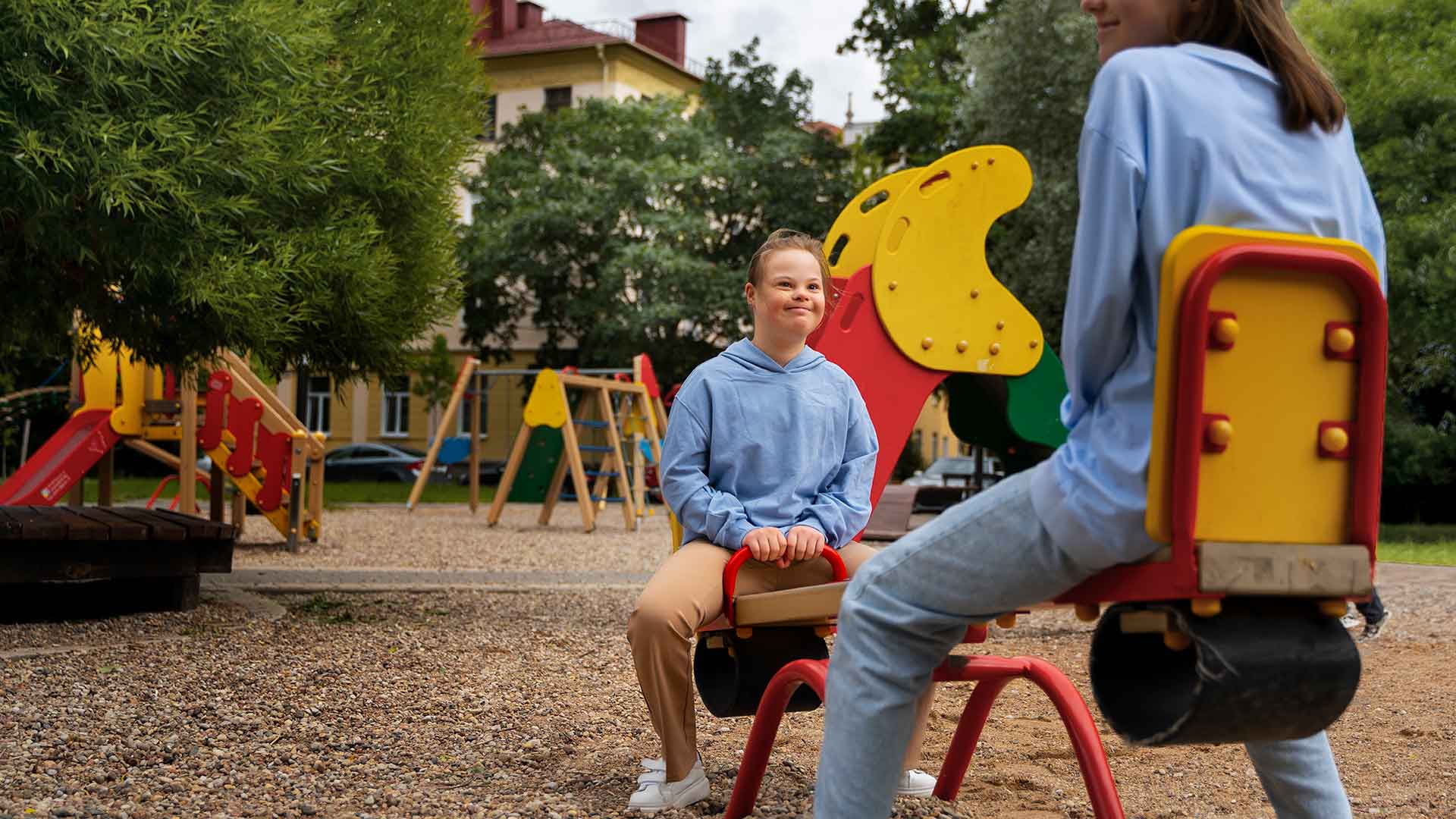


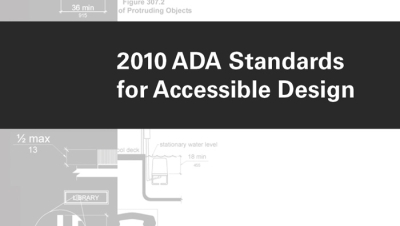
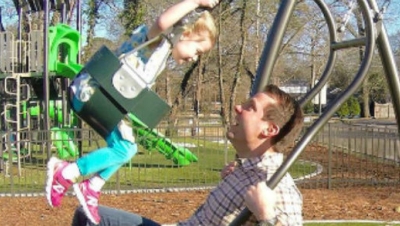



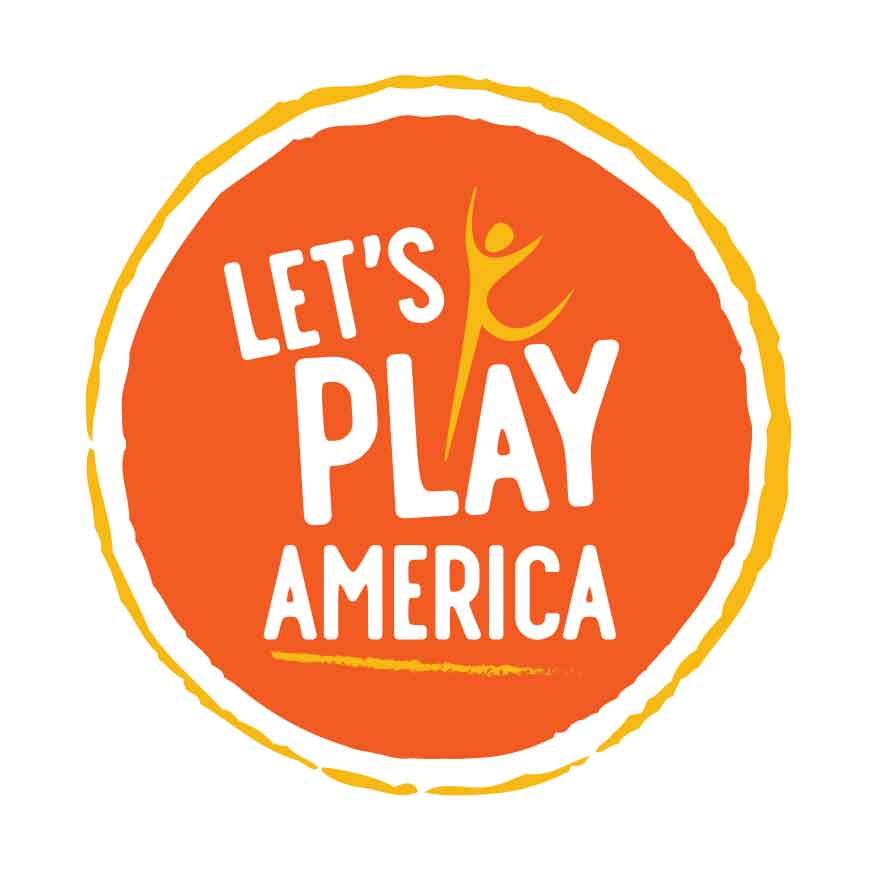



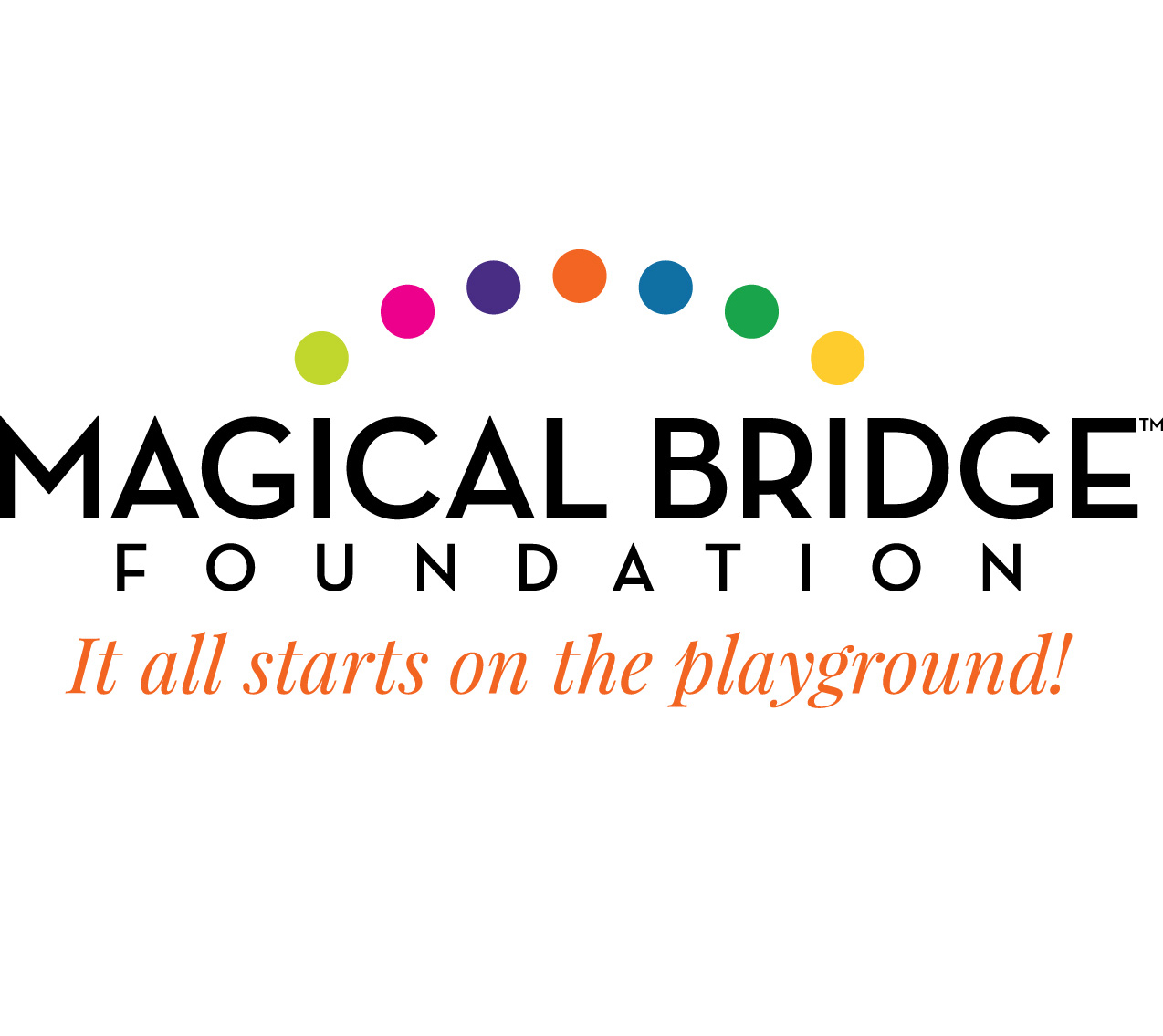
Add new comment